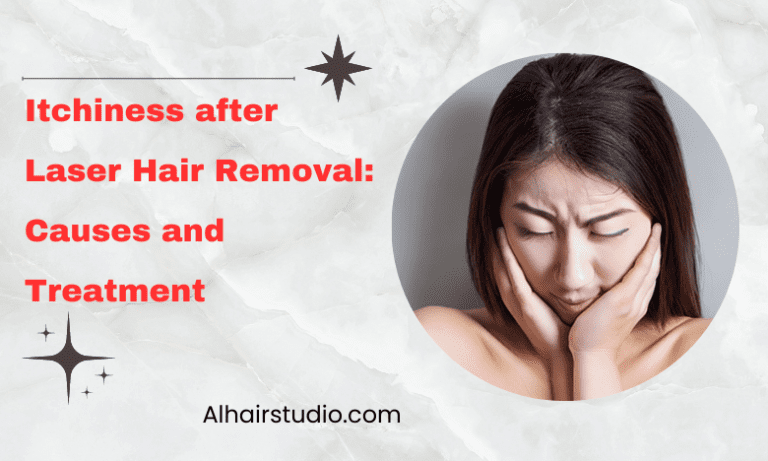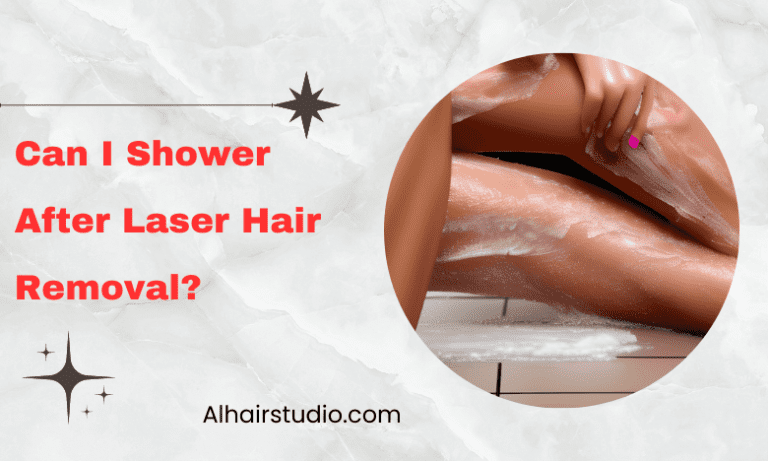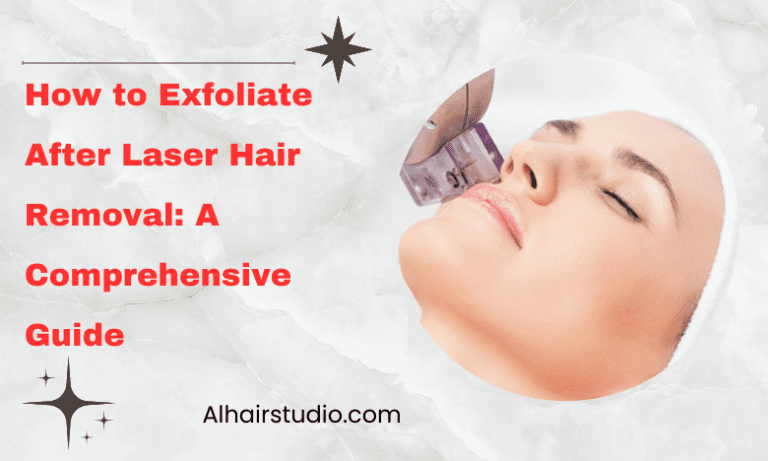Does Laser Hair Removal Work on Grey Hairs?
Hair removal has become an essential part of many people’s beauty routines. Laser hair removal is a popular method of removing hair, but one of the questions that many people ask is whether it works on grey hair. Grey hair can be more challenging to remove, but is laser hair removal an effective option? In this article, we will explore the effectiveness of laser hair removal on grey hairs, the science behind it, and the risks associated with it.
Read also: At What Age Can You Get Laser Hair Removal?
Understanding Grey Hair
Grey hair is caused by a decrease in the production of melanin, which gives hair its color. As we age, our hair follicles produce less melanin, resulting in grey hair. Grey hair is typically more resistant to traditional hair removals methods, such as shaving or waxing, because the follicle no longer produces pigment.
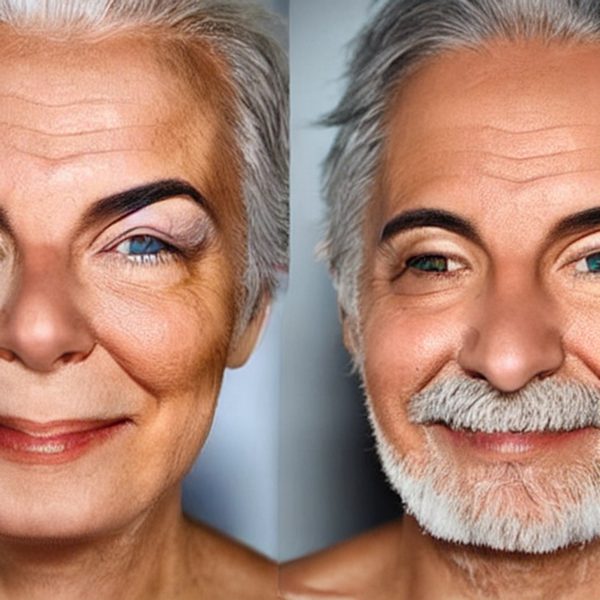
How Does Laser Hair Removal Work?
Laser hair removal uses a concentrated beam of light to target and damage hair follicles, preventing hair growth. The light energy is absorbed by the melanin in the hair, which then heats up and destroys the hair follicle.
Does Laser Hair Removal Work on Grey Hair?
Since grey hair does not contain melanin, the laser cannot target it effectively. However, there is a new type of laser that can treat grey hair. The Nd: YAG laser is capable of targeting hair follicles without relying on melanin. This laser is more effective on darker skin tones and can be used to treat grey hair.
Can Grey Hair Be Treated with Laser Hair Removal?
While the Nd: YAG laser can target grey hair, it is not as effective as it is on pigmented hair. The hair may grow back thinner, lighter, or not at all after several treatments. Some people may need touch-up treatments to maintain results.
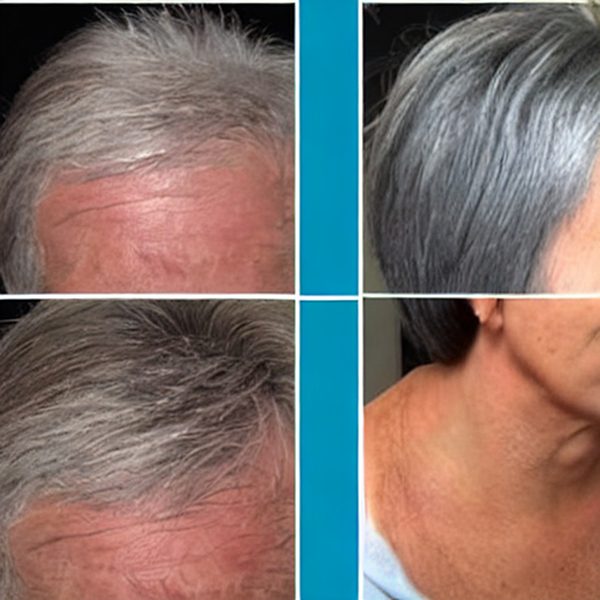
The Risks of Laser Hair Removal
Laser hair removal is generally considered safe, but there are risks associated with the procedure. The most common side effects include redness, swelling, and discomfort in the treated area. In rare cases, laser hair removal can cause blistering, scarring, or changes in skin pigmentation.
Preparing for Laser Hair Removal
Before undergoing laser hair removal, it is essential to prepare your skin properly. This includes avoiding sun exposure and tanning beds, avoiding plucking or waxing, and shaving the area before the procedure. Your technician will provide you with specific instructions on how to prepare for your treatment.
Read also: Can You Put Mascara on Eyelash Extensions?
Aftercare for Laser Hair Removal
After the procedure, you may experience some redness and swelling in the treated area. It is essential to avoid sun exposure and wear sunscreen to protect your skin. Your technician may also recommend using a cooling gel or taking pain medication if you experience discomfort.
Alternatives to Laser Hair Removal
If laser hair removal is not effective on your grey hair, there are alternative hair removal methods available. These include electrolysis, which uses a tiny needle to destroy hair follicles, and waxing, which removes hair from the root.
Related article: How to Remove Dead Hairs After Laser: A Comprehensive Guide
Conclusion
Laser hair removal can be an effective way to remove unwanted hair, but it may not work as well on grey hair. The Nd: YAG laser is the best option for those with grey hair, but it may not be as effective as traditional laser hair removal. Additionally, there are risks associated with laser hair removal, so it is essential to speak with a qualified technician and prepare your skin properly before undergoing the procedure.
Read also: How to Speed Up Shedding After Laser Hair Removal

